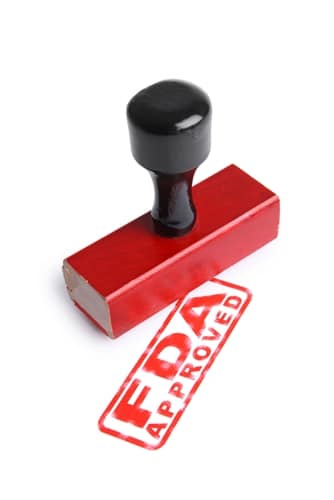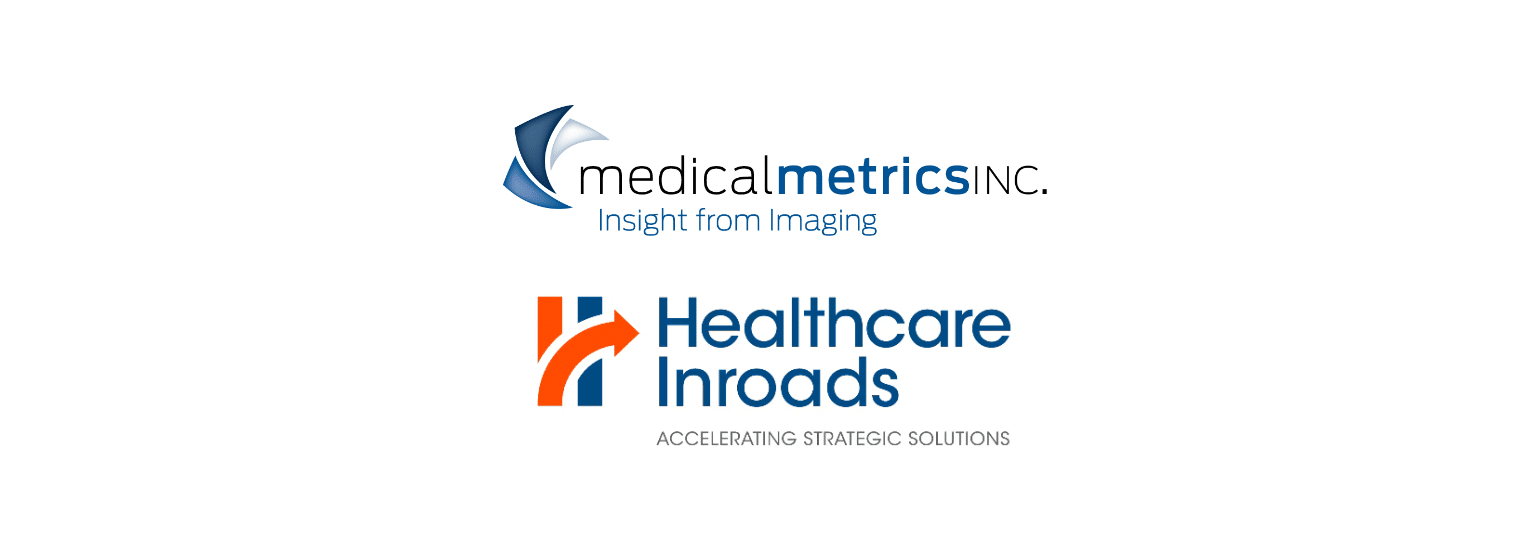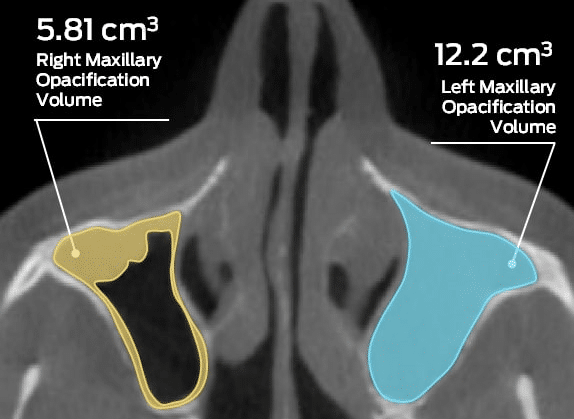The department of the FDA tasked with regulating novel medical devices, the Center for Devices and Radiological Health (CDRH), has issued a new report touting the recent improvements made towards streamlining the approval process. The report highlights the success of the Investigational Device Exemption (IDE) process in particular, which is used to determine whether the sponsor has provided enough information to be sure that the study does not present an unreasonable risk to its participants.
According to an FDA blog post, the agency reviews an IDE submission in 30 days or less, and this process helps to better prepare sponsors for the approval process. The FDA reviews the sponsor’s submission, looking for any missing pieces or areas where further clarification will be necessary. The agency also evaluates the qualifications of the clinical investigators, the clinical trial design and the health status of participating patients.
“Over the past year, CDRH has taken a number of actions to expedite the safe initiation of clinical trials in the U.S., and we believe these policies will result in conducting clinical studies in the U.S. earlier in the device development process than was the case in the past,” the FDA’s blog post read.
Although the trial process shows strong signs of continued improvement, choosing the right clinical research partner remains crucial to success. Medical Metrics, Inc. (MMI) is an experienced provider of radiology core laboratory services for global, multicenter clinical trials. Our services include imaging protocol development, medical image management, independent image review and scientific consulting. Since 2000, we have partnered on over 300 studies across a range of therapeutic areas, including orthopedics, spine, neurology and cardiology. We support multinational trials ranging from early-phase feasibility to post-market surveillance.
Latest Industry News
[Press Release] Driving Excellence in Cardiovascular Trials: Medical Metrics, Inc and Healthcare Inroads, LLC Deepen Collaboration
Medical Metrics, Inc. Announces Involvement in ReOpen CRS Clinical Trials




